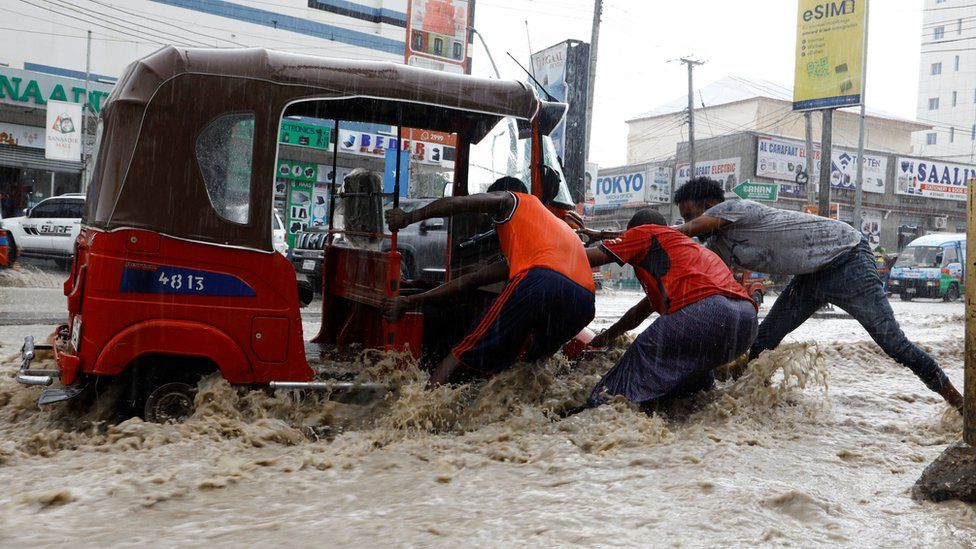-

-
-
Loading

Loading

The UK government is set to invest millions of pounds in helping countries prepare for future humanitarian disasters as part of a significant overhaul of its development policy. A new fund worth £150m will assist poorer nations in gaining faster access to emergency funds and minimizing the impact of future climate crises. This change is expected to be outlined in a new 140-page White Paper, aiming to maximize the effectiveness of Britain's foreign aid spending while exploring new sources of international finance. The intention behind the paper is to restore Britain's reputation as a leading force in global development. It is reported that world leaders, philanthropists, and international finance heads have given their endorsement to the paper. The government also hopes to gain cross-party support in Parliament to ensure the longevity of the seven-year plans, regardless of the outcome of the next election. The core concept of the White Paper is that conflict, climate change, and the COVID-19 pandemic have profoundly impacted the world, necessitating a fresh approach to development. Instead of simply providing monetary aid, wealthier countries are encouraged to build new partnerships with developing nations based on mutual respect. This collaborative international system would then finance innovative solutions to address extreme poverty. Importantly, the government's plans do not involve increasing taxpayers' money allocated to foreign aid, as the UK will continue to dedicate 0.5% of its national income per year (approximately £12bn in 2022) to this cause. However, the White Paper will outline strategies to stretch these funds further. For instance, the government currently plans to allocate around £1bn to humanitarian aid in 2024, of which 15% will automatically be directed to the newly established "resilience and adaption fund." This fund will assist countries in preparing for future humanitarian and climate-related disasters, enabling investments in long-term solutions such as wells and reservoirs to mitigate the impact and cost of emergencies. The White Paper also puts forth proposals for insurance schemes and pre-existing contingency funds, ensuring swift access to humanitarian aid at the moment of crisis, eliminating the need to wait for donor countries to raise funds. In times of crisis, developing countries may also be exempted from repaying international debts. Additionally, the White Paper aims to unlock further private finance to help achieve the United Nations' sustainable development goals, which include reducing poverty, hunger, and inequality, and promoting education, health, and climate action. These goals were established in 2015 but are currently off track and unlikely to be met by their 2030 deadline. The intention is to leverage the balance sheets of international financial institutions, such as the World Bank and the IMF, to attract more private capital from sources like pension funds. Furthermore, the government intends to reduce the costs associated with remittances sent by workers in wealthier countries to their families in developing nations. The global value of such remittances reaches approximately £520bn per year, triple the total overseas development assistance provided by governments. However, up to 35% of the remittances' value is lost in currency exchange and transaction fees, which could be reduced through increased sharing of technology and regulatory expertise. Andrew Mitchell, the government's development and Africa minister, views the White Paper as a reaffirmation of the importance of aid and a glimmer of hope in challenging times. He stated, "Our world is troubled and fragmented. Do we give up on it? Or do we act? The White Paper is our plan to make the world a better and safer place with solutions that are in the UK's gift to deliver. We have the will and the way to make a difference."